14 Nov Razan AlSalah
Razan AlSalah is a Palestinian artist and teacher based in Tio’tia:ke/Montreal.
- Canada Park, 2020
- Your father was born 100 years old, and so was the Nakba, 2017
❝ In an essay titled “The Iron Wall: We and the Arabs” published in 1923, one of the fathers of Zionism and war criminal, Vladimir Jabotinsky, formulates one of the core frameworks that structures the European colonization of Palestine.
“Zionist colonization, even the most restricted, must either be terminated or carried out in defiance of the will of the native population. This colonization can, therefore, continue and develop only under the protection of a force independent of the local population – an iron wall which the native population cannot break through. This is…our policy towards the Arabs. To formulate it any other way would only be hypocrisy.”
Jabotinsky went on to become the founder and commander of the Irgun Zionist terror group that committed the infamous Deir Yassin massacre amongst many other massacres that led to the founding of modern day Israel, its Israeli Occupation Forces and the ruling party in Israel today: the Likud.
A 100 years after Jabotinksy’s essay was published, the Palestinian resistance on October 7th, 2023 tactically and creatively trespassed one of the most technologically sophisticated iron walls in the world which had kept them under siege and economic blockade for 17 years: breaking through the Iron Wall both as a material structure and a material imaginary.
In “The Dis/Appeared: 25 Notes on Colonial Regimes of Perception”, Ian Allan Paul argues that Israel’s apartheid walls that separate the indigenous Palestinian population from the colonizing Israeli population form “perceptual regimes that confine the colonized to the liminal thresholds of view, never allowing Palestinians to entirely appear or disappear but instead perpetually rendering them dis/appeared.”
If walls can function like images,
Can images become walls?
In this film I imagine the return of my grandmother to her hometown Haifa, through Google Streetview, as a means to trespass the colonial border wall that prevents Palestinian refugees all around the world from their right to return.
Haifa’s geolocated photographic replica seems open to all in the digital commons, with a Promise of 360 degree immersiveness and photographic realism of the landscape.
But much like Safiya and Said in Ghassan Kanafani’s “Return to Haifa”, my grandma’s digital return was ruptured with this uncanny ability to seeee without feet on the ground. A ghost in her own hometown, her street, her neighborhood, and all their relations.
Streetview not only remediates the erasure of indigenous narratives, bodies and places in the cityscape, as a virtual visual replica of the now occupied city, but it’s very material aesthetics structurally render this place, and how it is consumed, as a colonial space: Streetview is an image world produced by a high tech Google Car trotting the cities of the Global North, surveilling * every * geolocation * by capturing it as a 360 facade: all encompassing, yet inaccessible to bodies: images become walls.
The user is at once immersed and removed, god-like. But Teta is not a user.
(Parts of this text are taken from an upcoming book chapter “We Are Not Users: aesthetics of land reclamation in virtual space (Part One)” by Razan AlSalah)
Razan AlSalah ❞
#MAINARTIST
Our organization is an artist-run center committed to supporting its community as a whole, without distinction.
Beyond the simple declarations of solidarity against racism following the events of the summer of 2020, but also against more recent racist acts and those that persist historically, it seemed essential to us to offer a place to our members so that they can express their feelings in the face of the discrimination they experience and which could be based on the color of their skin, their origins, their sexual orientation, their gender or a handicap.
We invite them to share their thoughts on this societal drama that constitutes all forms of rejection of the other.
Main Film is an artist-run center committed to supporting its community as a whole, without distinction, in the creation of independent film.
Our 21st contributing artist is Razan AlSalah.
#MainArtist #ArtisteImportant
Because it is artists who carry both the role of representing society and making it evolve.


